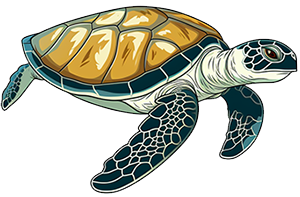Tag: anatomy
-
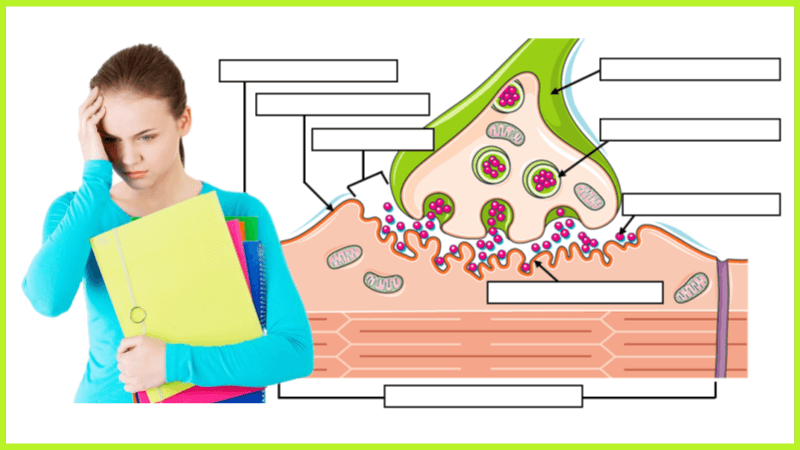
Case Study – The Mystery of Muscle Weakness
Bring neuromuscular disorders to life in your high school anatomy classroom with this case study on myasthenia gravis! Designed to illustrate the complex interactions between nerves, muscles, and the immune system, this resource uses the story of a relatable character, Elena, to make advanced anatomy concepts accessible and engaging. Discover why Elena is feeling tired…
-
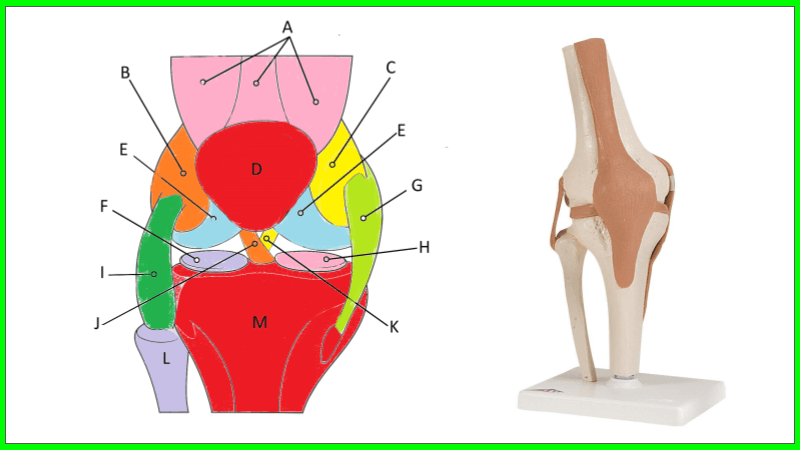
Understanding Knee Anatomy with Coloring
The knee is a complex joint that allows us to walk, run, jump, and move with ease. It connects the thigh bone (femur) to the shin bone (tibia). Ligaments connect the bones are are essential for stability of the joint. In fact, common injuries to the knee occur in sports, such as a tear to…
-
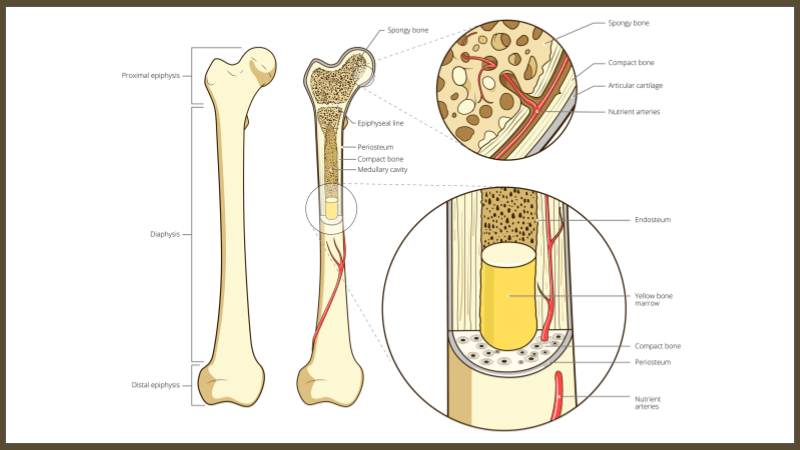
Bone Anatomy: Activities for Students
To fully understand how bones function, it’s essential to look at the structure of a long bone. Long bones, like the femur or humerus support the body’s weight and facilitate movement. They have several distinct layers and regions, each with a specific role. Within the bones, microscopic cells called osteocytes create the rings and the…
-
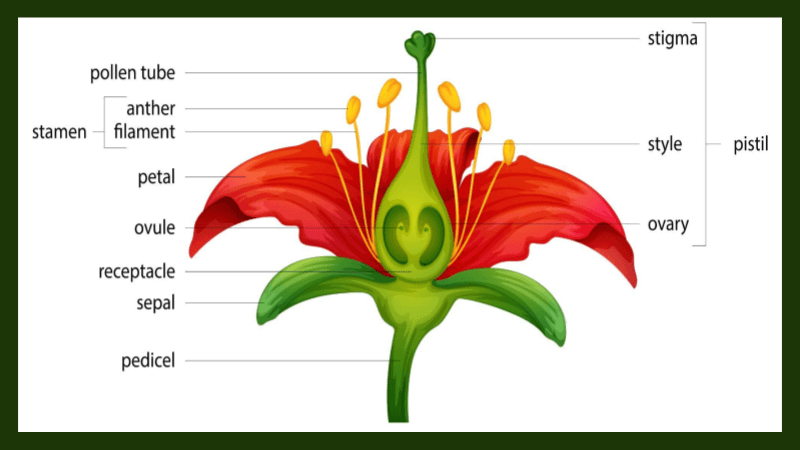
Learn Flower Anatomy with Dissection
Flowers are not just beautiful to look at; they are also fascinating biological structures with distinct parts that play vital roles in the life cycle of plants. Understanding the anatomy of a flower is a fundamental part of any biology curriculum, and what better way to teach it than with a hands-on activity? Students will…
-

The Crayfish Project – Ecology and Anatomy
Student project on crayfish which includes learning about crayfish ecology, invasive species, and food webs. Dissect a crayfish specimen to learn anatomy!
-
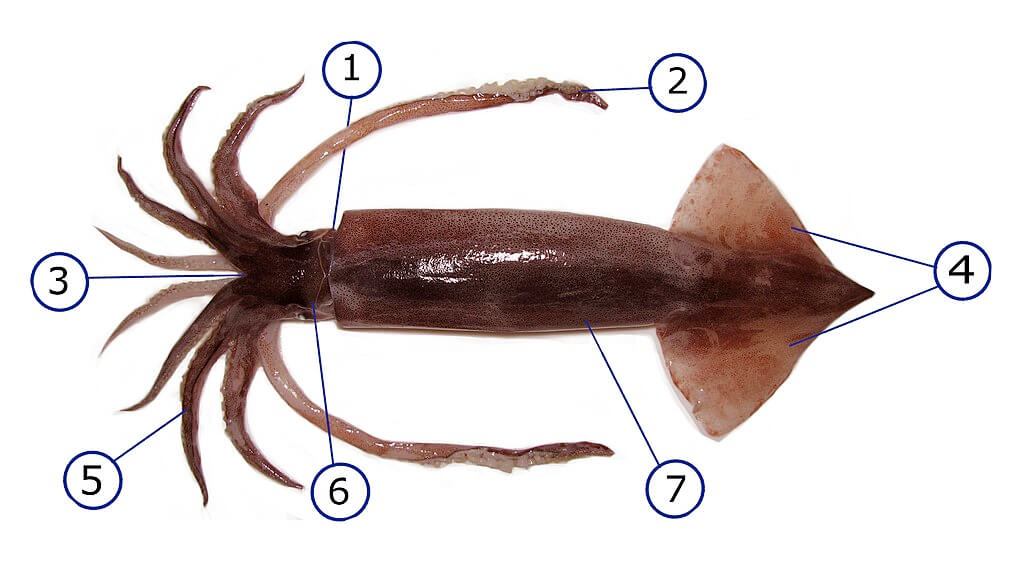
Exploring the Anatomy of a Squid
Explore internal and external anatomy of the squid with this hands-on guide perfect for educators and students, with detailed instructions and images.
-
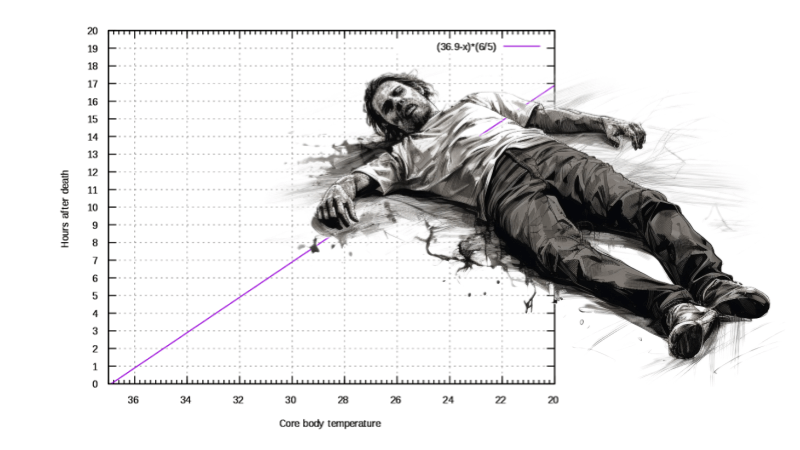
Forensic Activity – Calculating Time of Death
Student activity on forensics where time of death is calculated with an equation or graph.
-
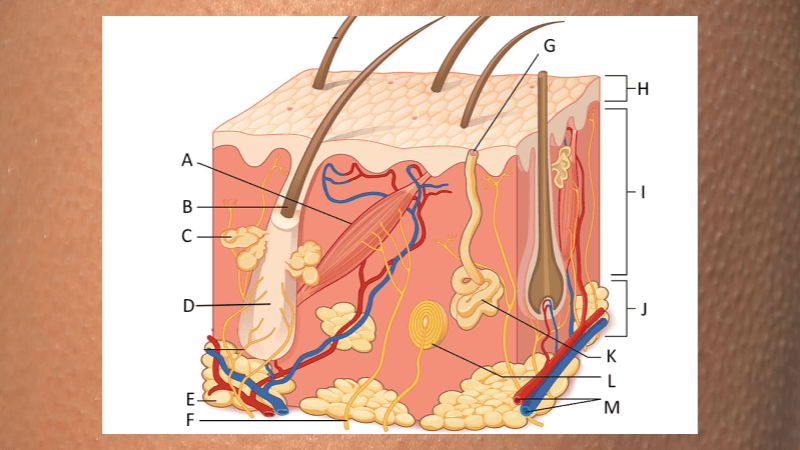
What Causes Goosebumps? – Anatomy of Skin
Students label an image showing the cross section of skin. Text explains what each structure does and focuses on the phenomenon of goosebumps.
-
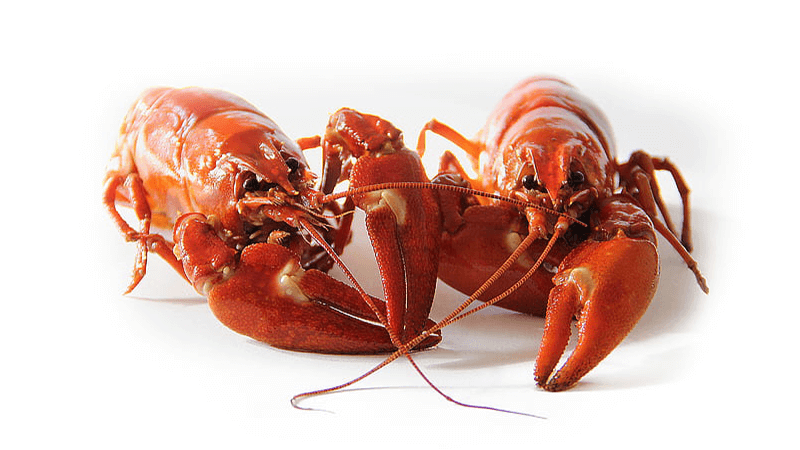
Investigation: Explore the Anatomy of a Crayfish
Students examine the external anatomy of a crayfish, focusing on the body plan, mouthparts, and the appendages. Includes instructions and labeling.
-
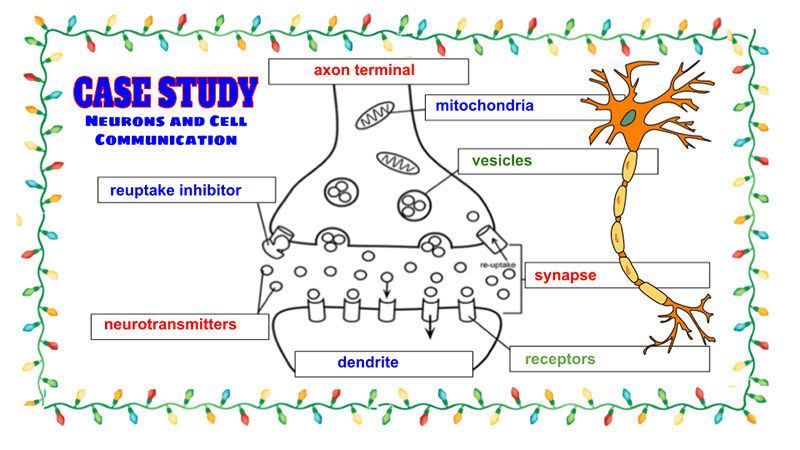
Case Study: Neurons and Cell Communication
A case study for anatomy students to learn about neurons and multiple sclerosis. Students read the case, label diagrams, and answer questions.
-

Anatomy and Physiology Course with Lesson Links
A complete course guide for teaching anatomy and physiology in high school. Links to a Google doc with a spreadsheet on units, activities, and assessments.
-
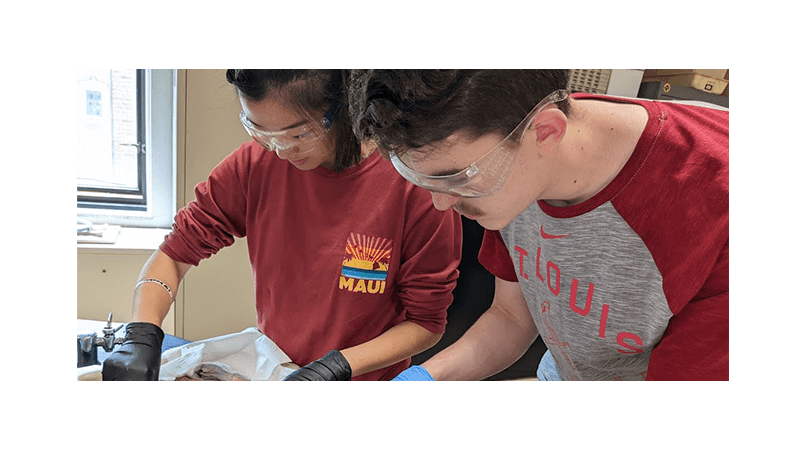
Complete Cat Dissection Guide with Assessment
A complete guide to dissecting the cat which includes student tasks, student worksheet, and link to assessments and other resources.
-
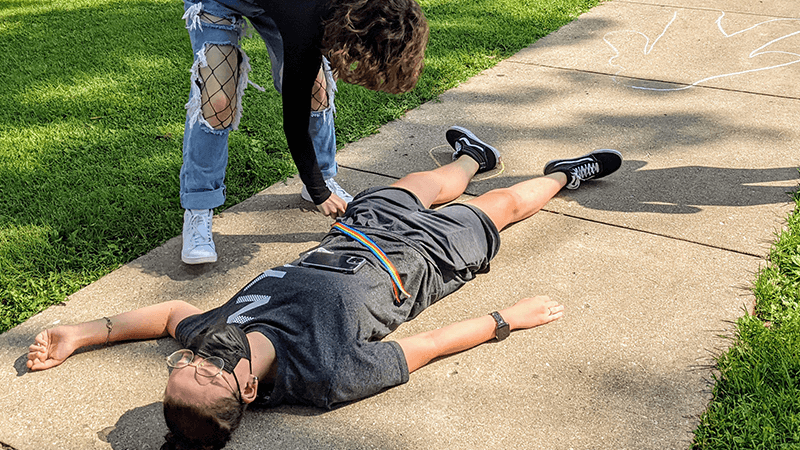
Introduce Anatomy Terms with Chalk Outlines
Introduce anatomy by making a chalk outline and placing cards in the location of where the structures are located.
-
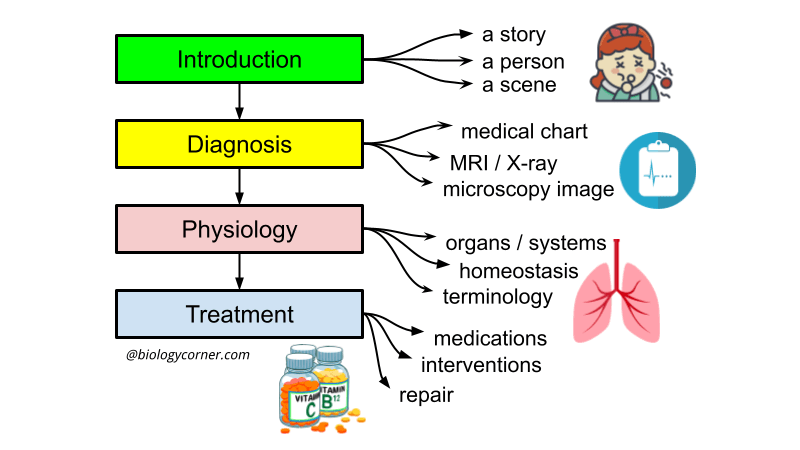
Student Designed Case Studies for Anatomy
Anatomy project where students create their own case study focusing on a disease of their choice. Template included with list of possible topics.
-
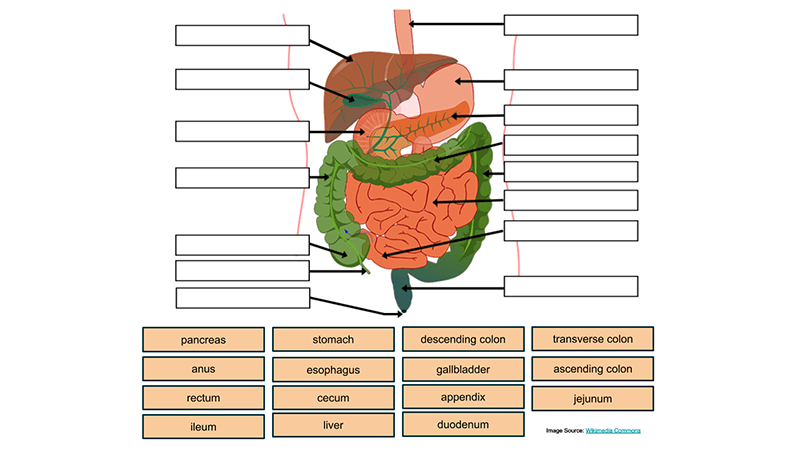
Digestive System Drag and Drop with Quiz
Use Google slides to label the digestive system. This set was made for anatomy students to practice labeling the alimentary canal and biliary system.
